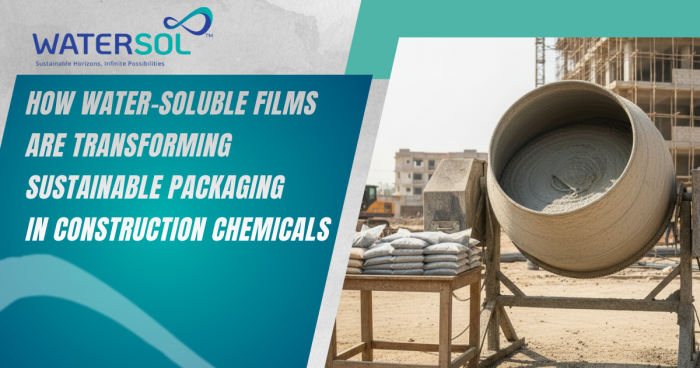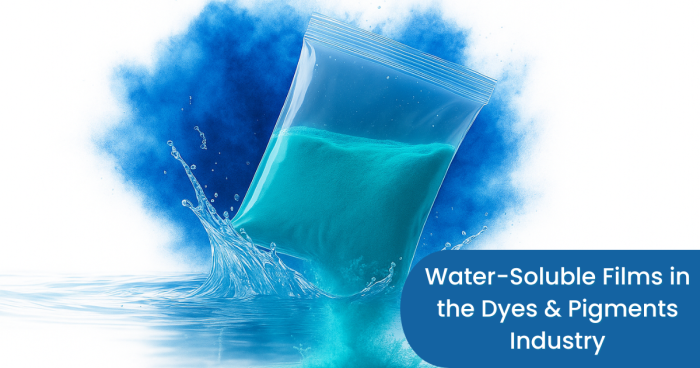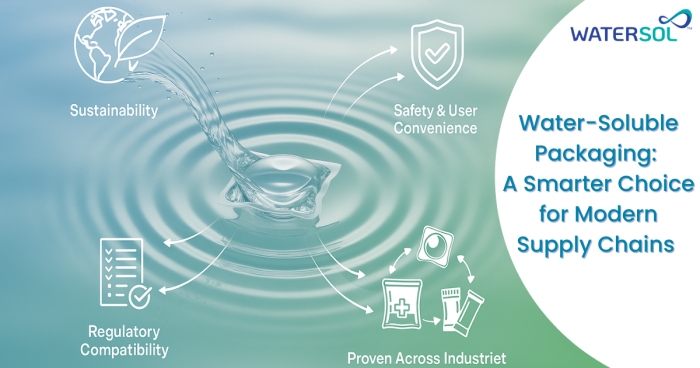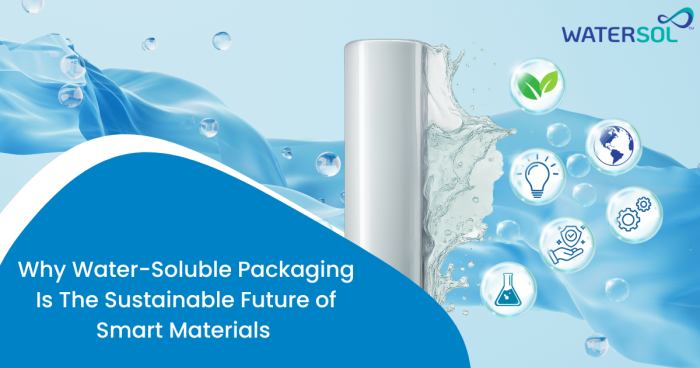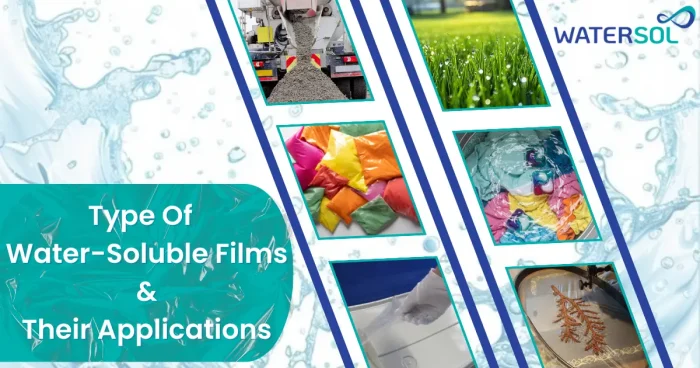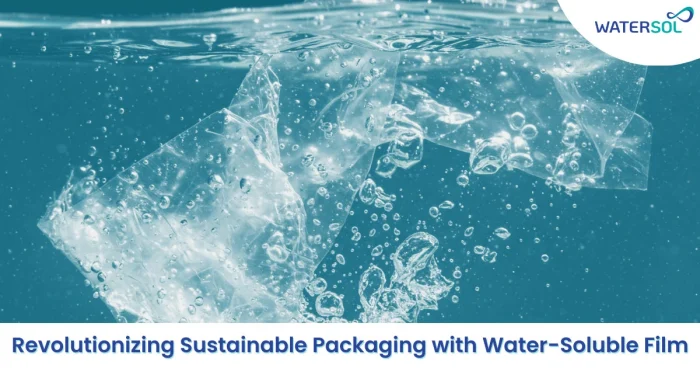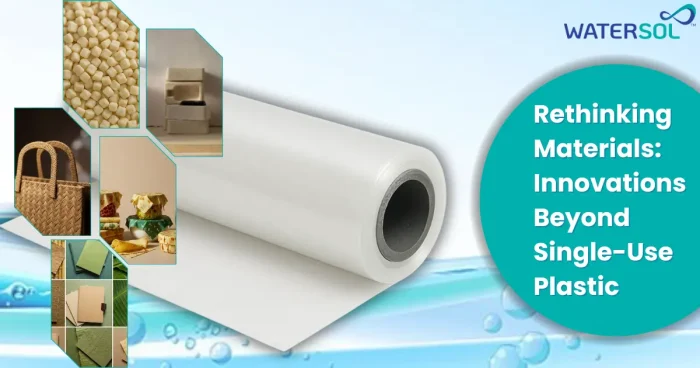Packaging continues to play a pivotal role across industries — influencing product safety, operational efficiency,...
As industries accelerate toward sustainability goals and tighter regulations, packaging is under sharper scrutiny than...
In an era where material science meets sustainability, water-soluble packaging is emerging as one of...
What Are Water-Soluble Films? Water-soluble films (WSFs), commonly made from Polyvinyl Alcohol (PVA/PVOH), are innovative,...
Introduction The adoption of water-soluble films, predominantly composed of polyvinyl alcohol (PVOH), presents a compelling...
The Plastic Problem: Why Sustainable Alternatives Matter Plastic has become inseparable from modern life...

